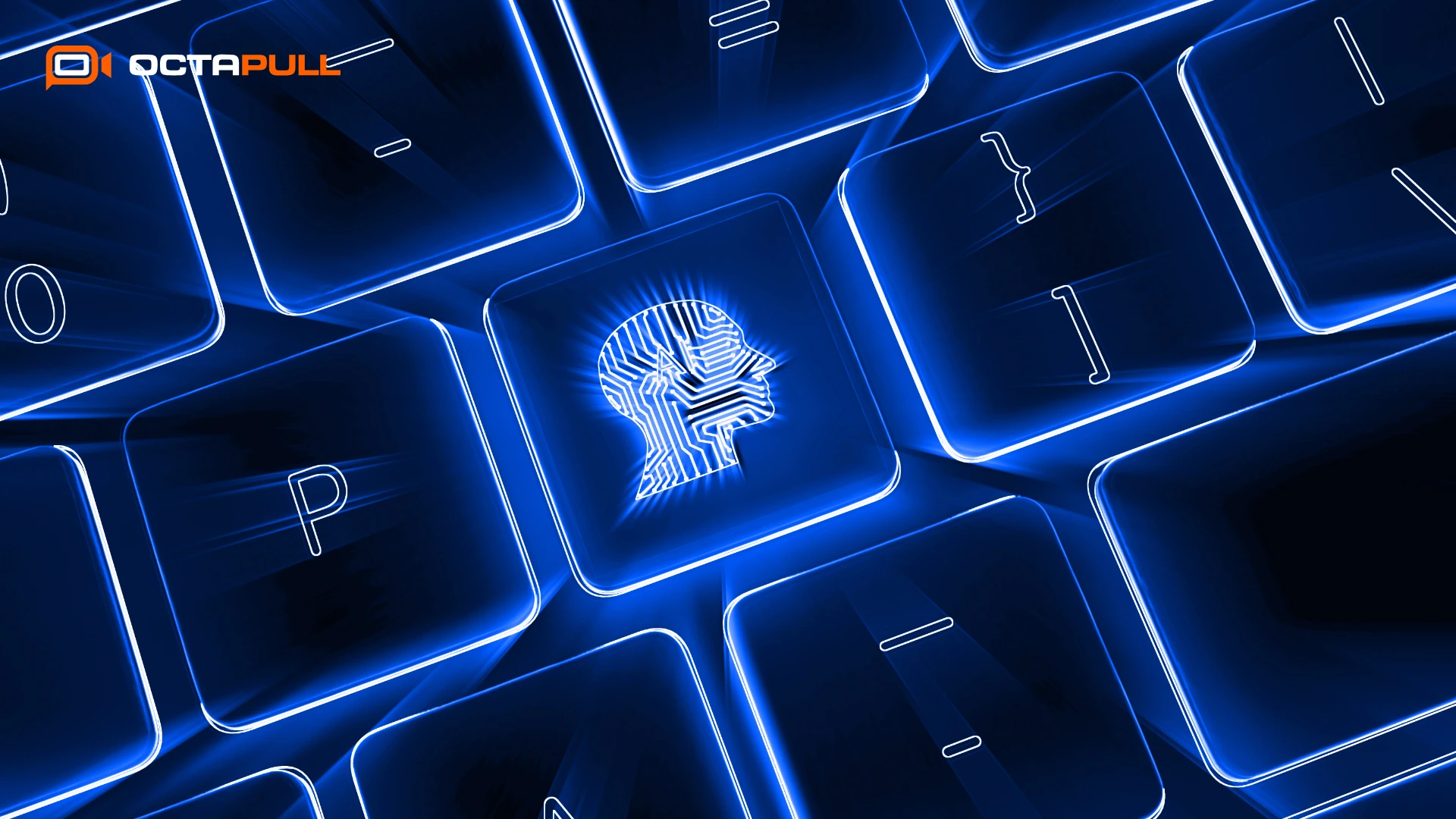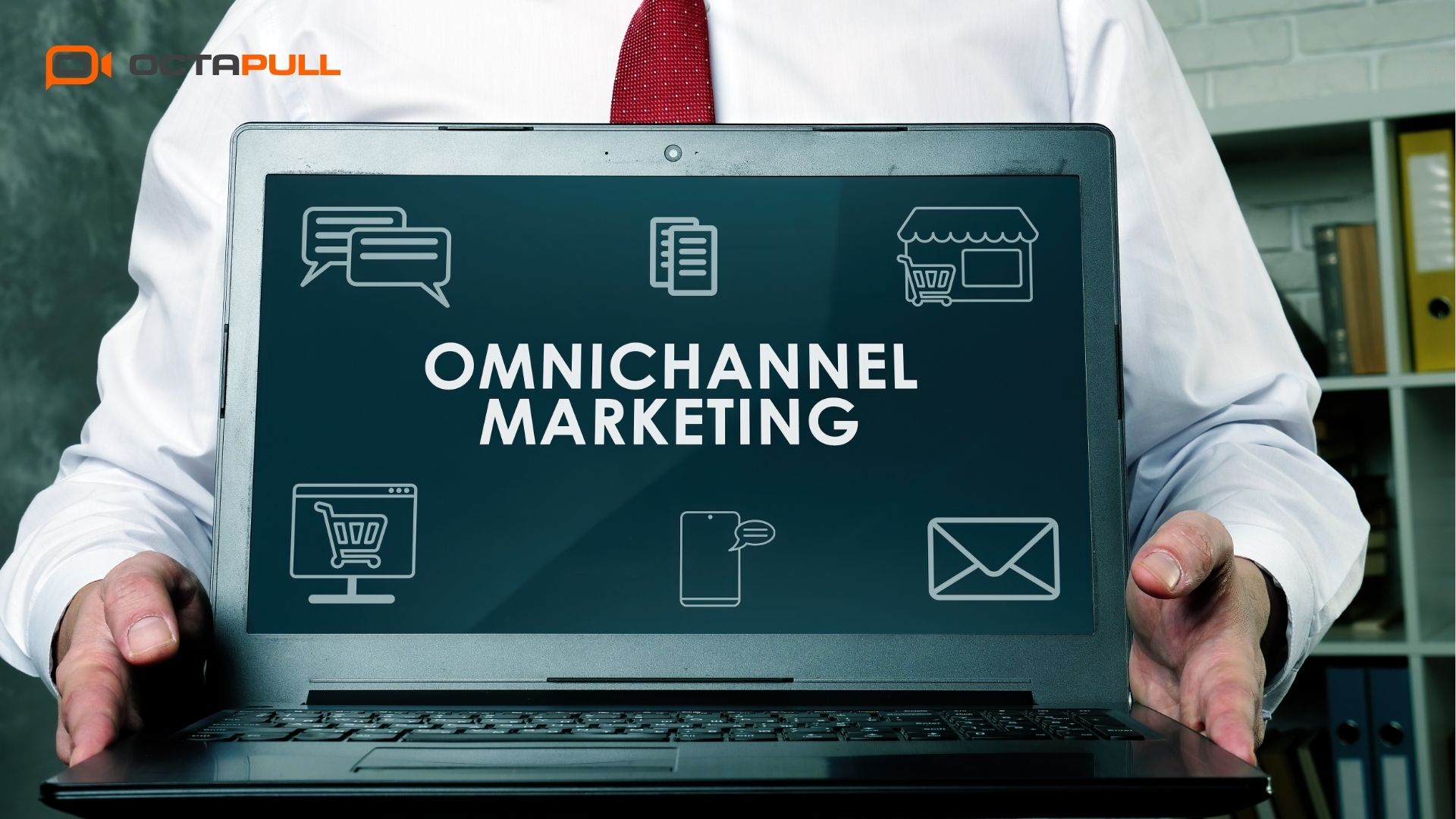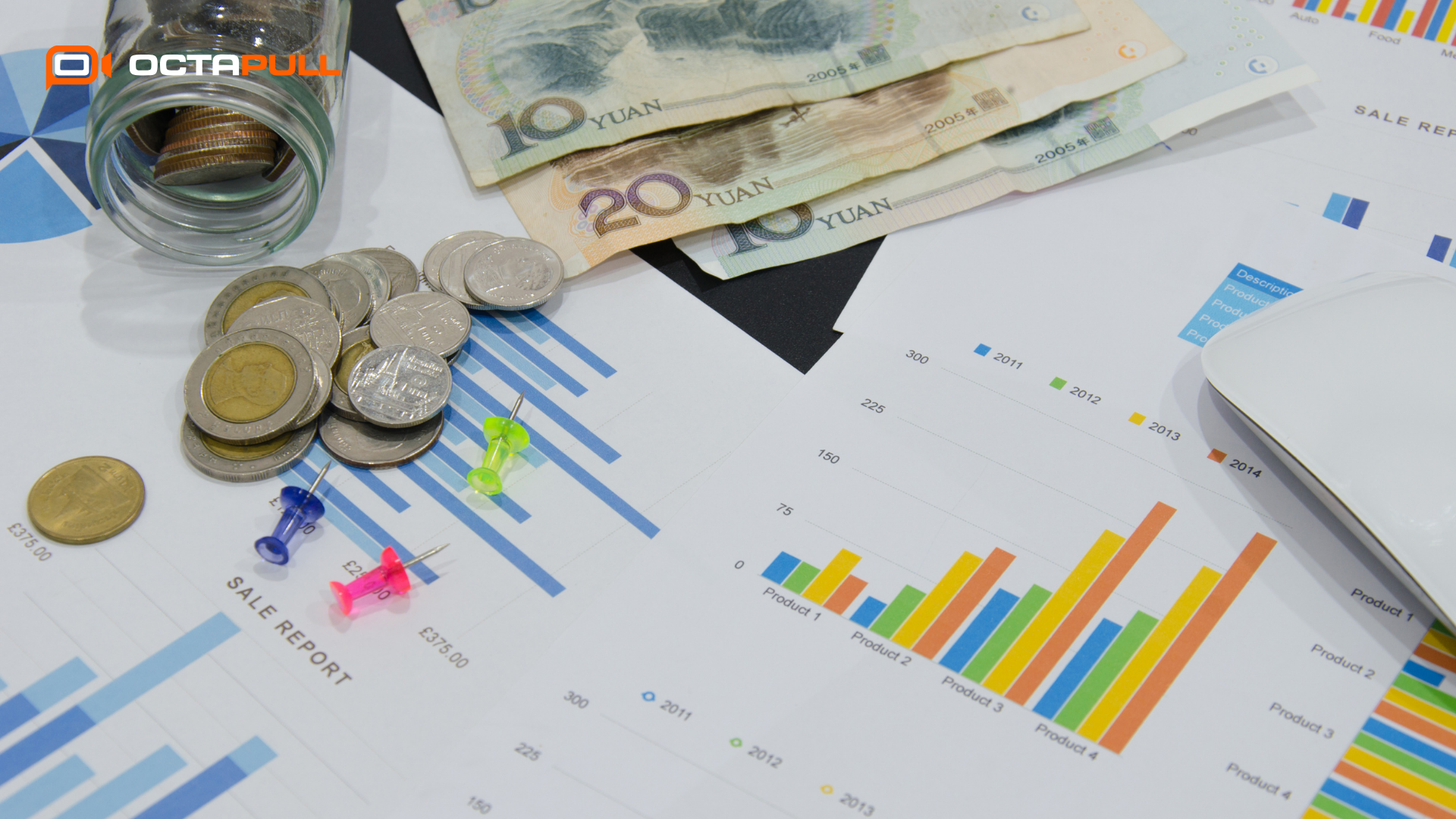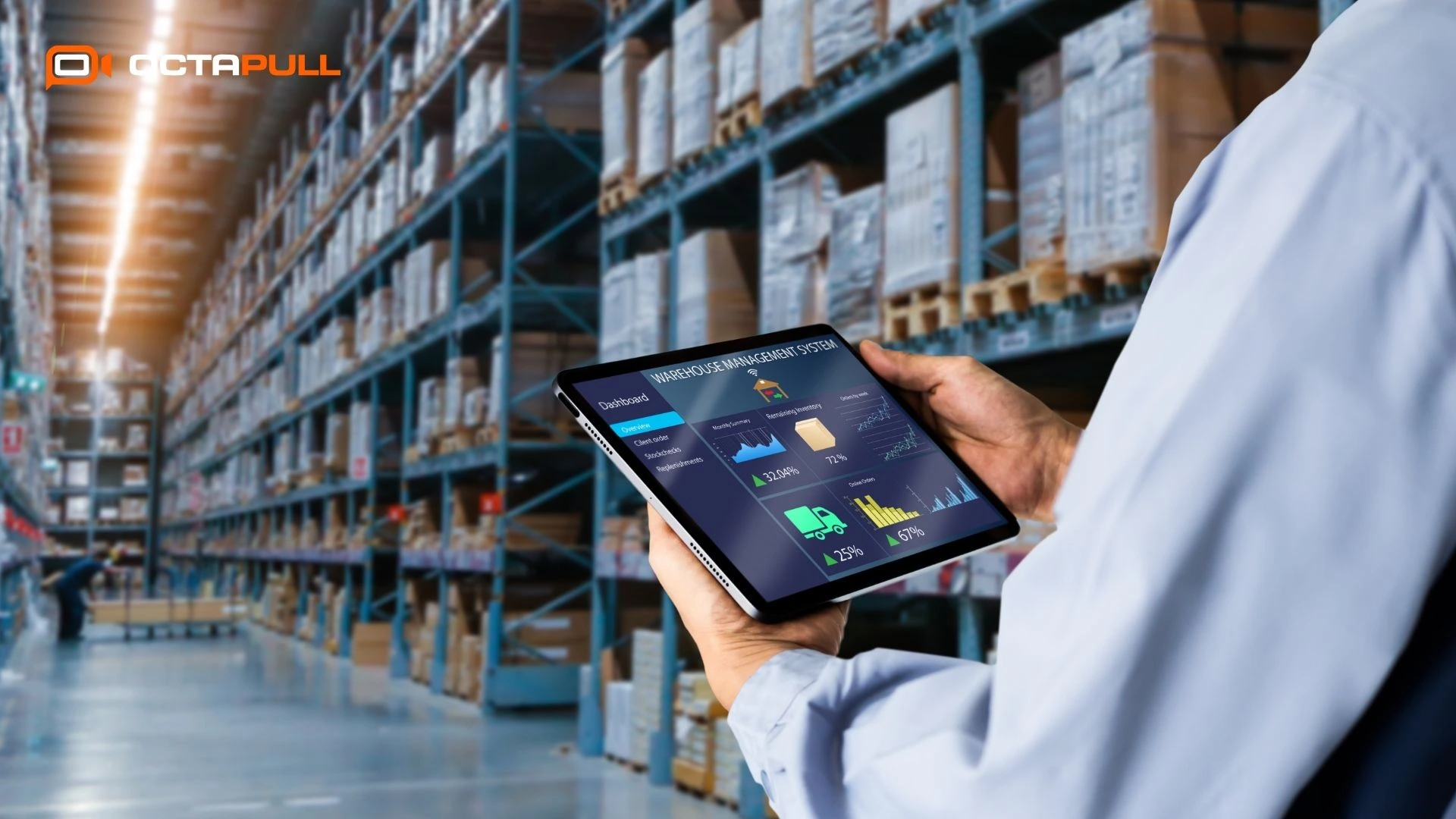What Is an AI Agent and How Does It Help Automate Workflows?
Workflows are becoming more complex, but managing them doesn't have to be.
As businesses juggle more data, platforms, and repetitive tasks, the need for smarter, faster automation is growing. Discover AI agents, a new generation of tools that go beyond simple automation.
Unlike traditional systems that follow rigid rules, AI agents act like autonomous assistants: they can make decisions, adapt to context, and improve over time.
Whether it’s streamlining email responses, organizing meetings, or handling customer support, AI workflow automation powered by GPT agents is helping teams work more efficiently with less manual effort.
In this post, we’ll break down what an AI agent is, how it’s different from older automation tools, and how it can transform your business workflows.
What Is an AI Agent?
An AI agent is a smart digital assistant designed to think, act, and learn, almost like a virtual coworker that doesn’t need constant supervision.
Instead of simply following a fixed set of instructions like a script or macro, an AI agent can understand input, make decisions, and even adjust its actions based on context.
This autonomy is what sets AI agents apart. They don’t just automate tasks; they analyze situations, choose the best course of action, and improve their performance over time. That’s why they’re often called autonomous assistants.
There are different types of AI agents:
- Rule-based agents follow structured logic but can still make choices within defined parameters.
- GPT agents use powerful language models (like ChatGPT) to understand and generate human-like responses.
- Multi-modal agents can process and combine information from different sources: text, images, voice, and more.
In short, AI agents bring intelligence and flexibility to automation, helping you go beyond basic task execution into smarter, adaptive workflow management.
How AI Agents Automate Workflows 
Unlike traditional automation tools that require step-by-step programming, AI agents follow a more intelligent process: they observe, decide, and act without needing constant human input.
Here’s how a typical AI workflow automation system works:
- Input: The AI agent receives data from various sources emails, online forms, chat messages, spreadsheets, or even audio recordings.
- Processing: The agent then analyzes and classifies this data. For example, it can detect the tone of a customer message, categorize support tickets, or extract key information from a document, even if the input is unstructured or messy.
- Action: Finally, the AI agent takes action. It might send a personalized email, update a CRM, schedule a meeting, generate a report, or trigger another system to respond.
One of the biggest advantages of AI agents is their ability to handle unstructured data, something traditional tools often struggle with.
Instead of needing clean, formatted input, AI agents can interpret natural language, spot patterns, and draw insights from real-world data that doesn’t follow a tidy structure.
This makes autonomous assistants especially useful in dynamic work environments where tasks aren’t always predictable or standardized.
Key Benefits For Businesses
Integrating AI agents into your workflow doesn’t just save time; it transforms how your business operates. Here are some of the biggest advantages:
- Improved productivity with minimal oversight: AI agents can handle repetitive tasks independently, freeing up your team to focus on high-impact work. No need to micromanage or manually check every step.
- 24/7 operational capacity: Unlike human teams, autonomous assistants don’t need breaks or sleep. They can work around the clock, ensuring nothing falls through the cracks, no matter the time zone.
- Scalable workflows across teams and departments: Whether you’re managing marketing, customer support, HR, or finance, AI agents can be deployed across teams to intelligently scale operations without increasing headcount.
- Fewer errors and higher consistency: Manual data entry and rule-based automation can lead to mistakes. AI agents reduce human error by making real-time decisions based on context and patterns, not just static rules.
- Smarter decision-making with GPT agents: GPT agents bring advanced language understanding to the table. They can analyze messages, interpret intent, and respond in natural language, leading to more human-like and helpful interactions.
In short, AI agents don’t just do more; they help you work smarter at every level of your business.
AI Agents vs. Traditional Automation Tools Comparison Table
While both AI agents and traditional automation tools aim to streamline tasks, their capabilities are vastly different. The key distinction lies in flexibility and intelligence.
| Feature | Traditional Automation Tools | AI Agents (Autonomous Assistants) |
|---|---|---|
| Workflow type | Fixed, pre-programmed steps | Dynamic, adaptable |
| Decision-making | None – follows set rules | Context-aware decisions |
| Learning & improvement | No learning | Learns and improves over time |
| Input handling | Structured data only | Structured & unstructured data |
| Human supervision | Requires oversight | Minimal or no supervision |
| Examples | Macros, IFTTT, basic bots | GPT agents, AI-powered virtual assistants |
Example:
Let’s say your team receives dozens of emails per day.
A traditional tool can be programmed to forward emails to the right department based on specific keywords.
An AI agent, on the other hand, can read the email, understand its intent and urgency, classify the topic, and even generate a response, all without a human lifting a finger.
That’s the power of intelligent, autonomous assistants: they go beyond automation to enable real decision-making at scale.
Use Cases Across Industries 
AI agents are not one-size-fits-all; they’re highly adaptable and can be tailored to fit the unique needs of different sectors. Here’s how businesses across industries are already benefiting from AI workflow automation:
- Marketing: GPT agents help teams create engaging content, draft social media posts, schedule campaigns, and even analyze performance metrics to refine strategy, all while saving hours of manual work.
- Customer Service: Autonomous assistants can instantly triage incoming queries, prioritize them by urgency or topic, and either respond or route them to the right human agent. This reduces response time and improves customer satisfaction.
- Human Resources (HR): From screening resumes to scheduling interviews and answering employee FAQs, AI agents streamline the hiring and onboarding process, making HR teams more efficient and applicant experiences smoother.
- Finance: AI agents can monitor transactions, flag anomalies in real time, and generate financial reports without manual input, helping businesses stay both compliant and informed.
- Healthcare: In clinics and hospitals, AI agents assist with patient intake, admin paperwork, and even provide support for diagnosis by organizing symptoms and medical histories for doctors to review faster.
Across every industry, AI agents are helping organizations reduce bottlenecks, cut costs, and scale intelligently without increasing workloads.
What’s Next?: The Future of AI-Powered Agents
As AI agents continue to evolve, they’re becoming more than just task-handlers; they’re transforming into fully capable collaborators. The future of AI workflow automation is focused on three key advancements:
- More personalized and context-aware decision-making: AI agents will better understand individual preferences, company policies, and user behavior, allowing them to deliver tailored results and make smarter decisions in real time.
- Seamless integration across platforms: Future-ready agents will work fluidly across your tools; email, calendars, CRMs, project management apps, ensuring smoother, more connected workflows without manual syncing.
- Agent collaboration: Instead of acting in isolation, multiple AI agents will collaborate across departments to manage entire workflows, hand off tasks, and update each other, just like human teams.
One platform already embracing this future is OctaMeet - online meeting software built for the AI-powered workplace. It offers:
- AI-integrated features like live transcriptions, automated transcriptions, and meeting summarization
- Support for remote and hybrid teams
- A streamlined communication experience that connects with your other workflow tools
You don’t need more tools, you need smarter ones. Start with AI-powered OctaMeet.
Conclusion
AI agents are redefining what’s possible in workflow automation. With the ability to make decisions, learn from context, and adapt in real time, they go far beyond traditional tools that simply follow rigid instructions.
By handling everything from data analysis to customer interactions, autonomous assistants help businesses boost productivity, reduce errors, and scale effortlessly without the need for constant supervision.
As work continues to evolve, the edge belongs to those who adopt smarter, AI-powered solutions. Online meeting tools are leading the way by integrating intelligent automation into everyday communication, making collaboration more efficient and effective.
If you’re ready to move past outdated systems, now’s the time to start. Sign up for OctaMeet’s 30-day free trial or schedule a demo meeting with our product team!






